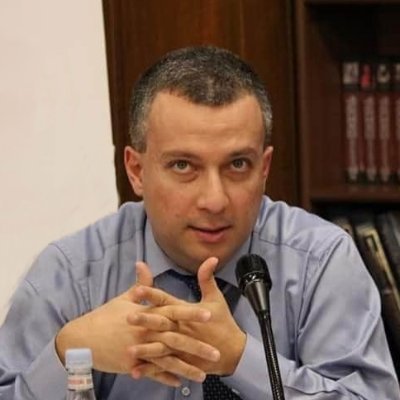The Armenian and Azerbaijani foreign ministers held a four-day negotiation marathon in Washington on May 1-4. The last round of almost week-long negotiations took place 22 years ago, again in the US. Presidents Robert Kocharyan and Heydar Aliyev held intensive negotiations in Key West, Florida, in April 2001. The Key West negotiations ended with a success, and hopes were raised that in the summer of 2001, a comprehensive agreement could be signed between Armenia and Azerbaijan. This did not materialize. In May 2023, no one anticipated a document could be signed in Washington, as negotiations were held between ministers and not state leaders.
However, the intensive preparatory work done by American diplomats before the meeting started indicated that the US was interested in achieving a breakthrough and potentially preparing a text, which the leaders could then approve. As negotiations were underway to prepare a Pashinyan – Aliyev meeting in Chisinau during the second summit of the European political community, scheduled on June 1, 2023, some experts even argued that some document might be signed in Chisinau – if not a peace treaty, at least a road map, or a document on principles.
The significantly increased involvement of the US in Armenia – Azerbaijan negotiations took place against the backdrop of the Russia – West confrontation due to the war in Ukraine. As the US speaks about the necessity to end the war in Ukraine with the strategic defeat of Russia, many believe that the core interest of the US in the post – Soviet space, and the South Caucasus in particular, is the weakening of the Russian presence and influence. According to this narrative, the primary driver behind the US efforts to reach a peace deal between Armenia and Azerbaijan is the hope that a peace agreement will pave the way for pushing Russian peacekeepers from Nagorno Karabakh and, eventually, moving the Russian military base out of Armenia.
The participation of Ruben Rubinyan, the special representative of Armenia in the Armenia – Turkey normalization process, in the negotiations held in Washington was an indicator that discussions covered not only Armenia – Azerbaijan relations but also the broader regional context, including the future of Armenia – Turkey relations.
The US prepared well for this round of negotiations. Secretary of State Antony Blinken opened the talks, while National Security Advisor Jake Sullivan met Armenian and Azerbaijani representatives during the meeting. According to preliminary information, the negotiation marathon was supposed to end with a joint statement and press conference. However, on May 4, we saw only a short statement by Secretary Blinken. He spoke about the significant progress and stated that the sides were very close to crossing the line to the peace agreement. However, the separate statements of Armenian and Azerbaijani foreign ministers were less optimistic. While speaking about some mutual understanding, they acknowledged that positions on some key issues remained divergent.
Prime Minister Nikol Pashinyan shed some light on those issues in an interview with Radio Liberty during his visit to the Czech Republic. According to Pashinyan, if the distance between the Armenian and Azerbaijani positions was 1 km. before, the Washington negotiations reduced this distance to 999 meters. Of course, one meter is an advance, but it is far from what is being described as significant. According to Pashinyan, disagreements remain on all sensitive issues: the rights and security of the Nagorno Karabakh Armenians, establishing an international mechanism for Azerbaijan – Nagorno Karabakh negotiations, the process of delimitation and demarcation of Armenia – Azerbaijan border, the mechanism of guarantees of the future peace agreement, and the issue of “enclaves.” Pashinyan stated that the sides could not even reach definitions concerning Azerbaijan’s recognition of Armenia’s territorial integrity, even though Armenia and Azerbaijan signed the Prague and Sochi Statements in 2022, recognizing each other’s territorial integrity within the 1991 Alma-Ata declaration.









